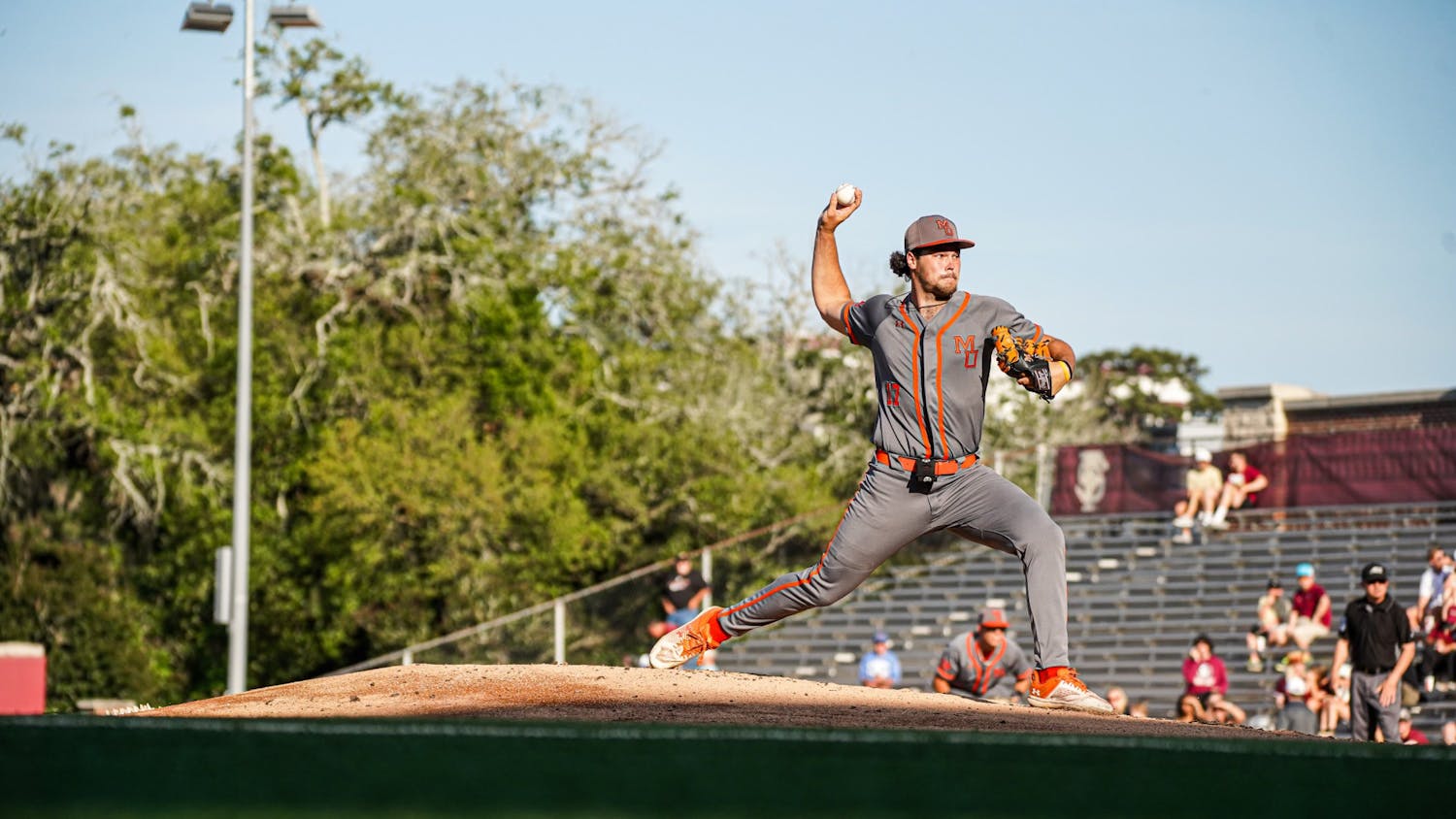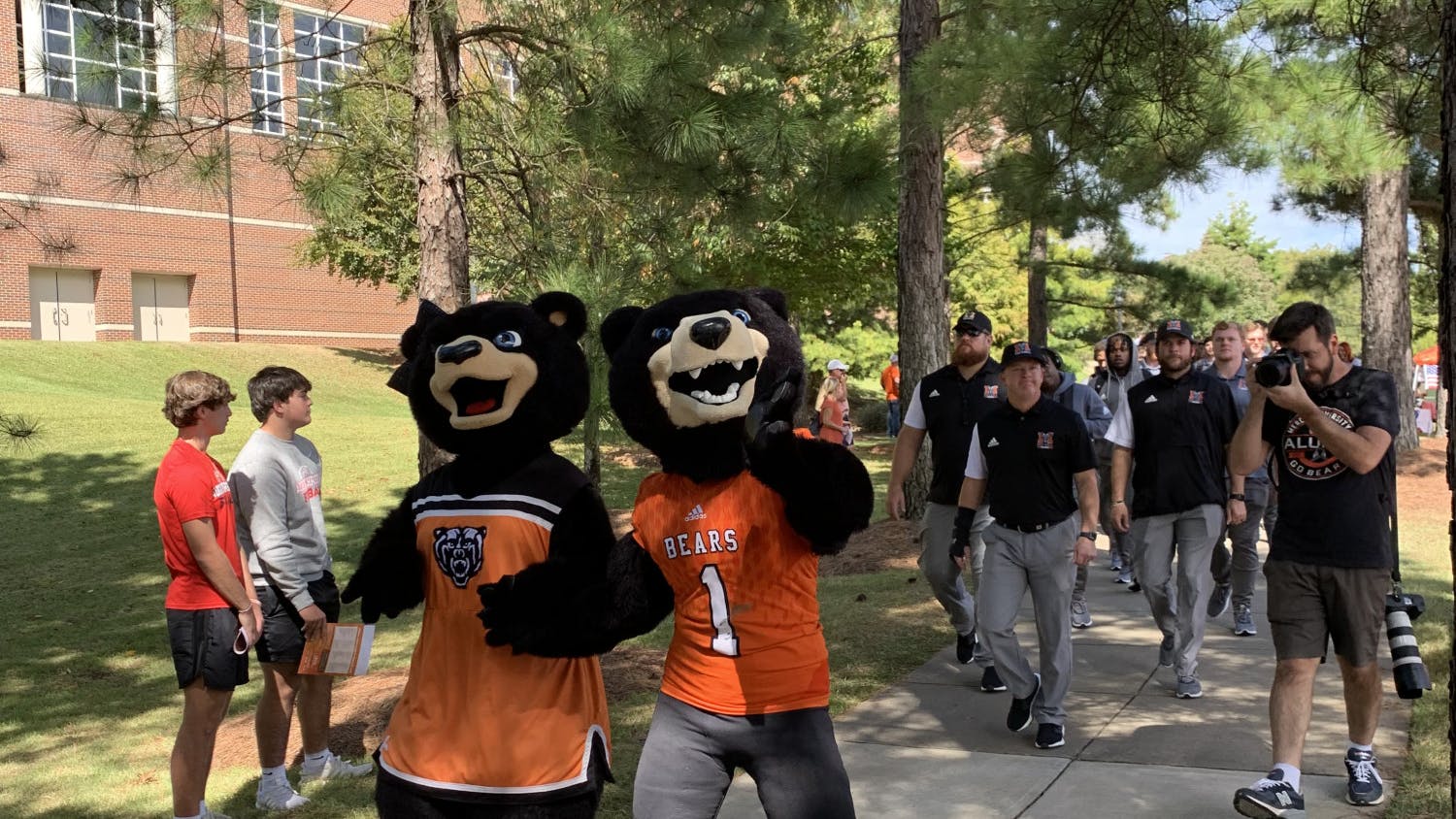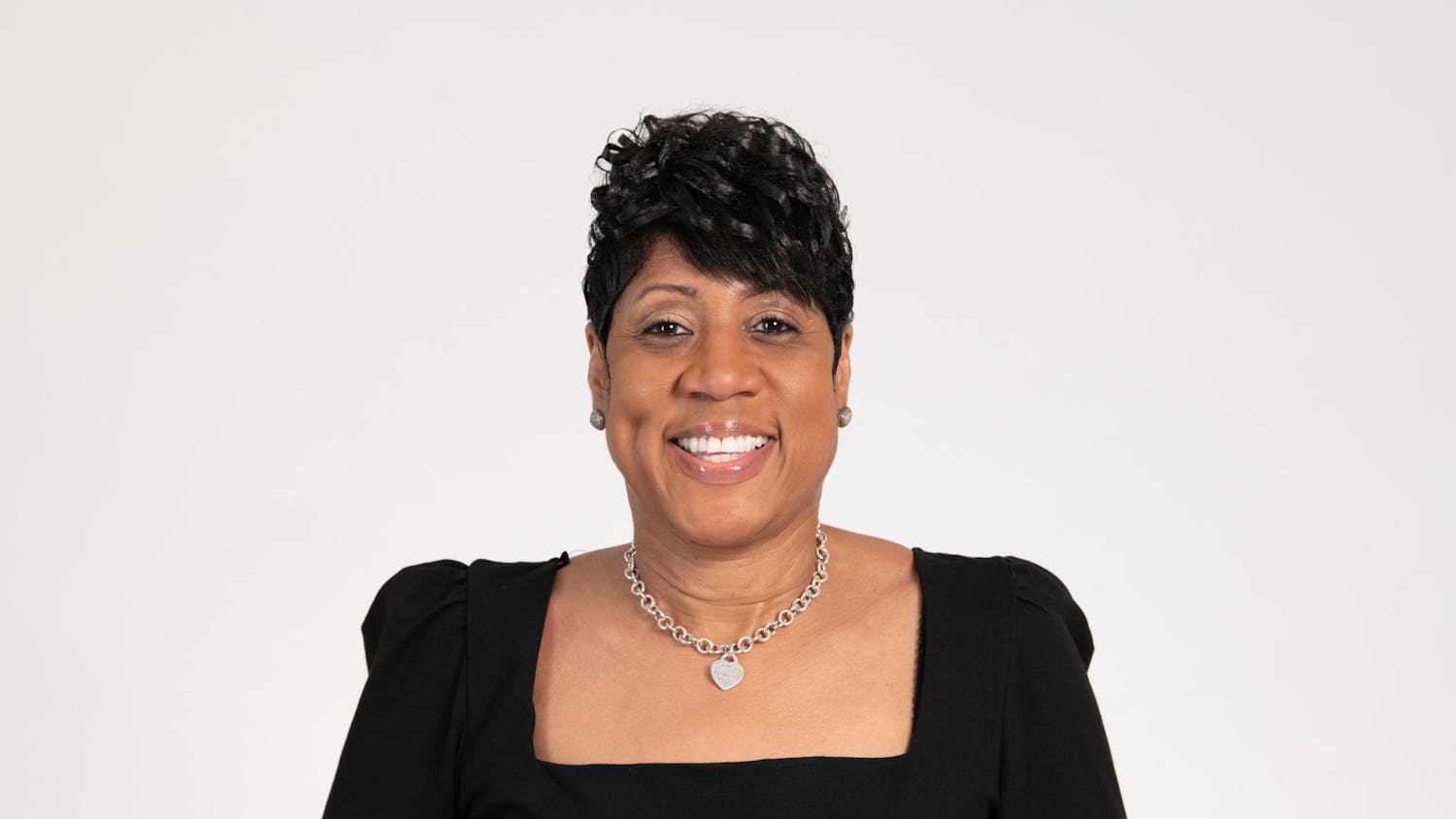Anxiety and stress are two of the most common used words when asking a student-athlete about their everyday lives. One of the most common ways to combat these negative aspects of being a student-athlete is the use of a Sports Psychology Department. Many colleges and universities nationwide have adopted a Sports Psychology program that is readily available to student-athletes and coaches alike. When the stress of life and school combined with athletics gets to be too much for a person to handle, having someone to talk to can make a world of difference.
Sports Psychologists today focus on four major techniques or skills in order to improve the performance of a student-athlete on and off the playing field. These skills and techniques are arousal regulation, goal setting, imagery and self-talk. Arousal Regulation refers to entering into and maintaining the optimal level of cognitive and physiological activation in order to maximize performance. Common techniques used in this particular category are meditation and breathing exercises. Goal setting is systematically planning ways to achieve or accomplish a specific task in an allotted amount of time. Research suggests that goals should be specific, measurable, difficult but attainable, time-based, written down, and a combination of short-term and long-term goals. Self-talk refers to words and thoughts that athletes commonly repeat to themselves. Self-talk phrases are used to direct attention towards a particular thing in order to improve focus or are used alongside other techniques to assist their effectiveness. For example, a baseball player may say release point to themselves when the ball leaves the pitcher’s hand to better time their swing. The final skill is imagery. Imagery can be defined as the ability to create or recreate a scenario in someone’s mind. The more lucid the images, the more likely the brain will remember that particular aspect in order to perform it in real life.
Along with the four techniques are four common areas of study. These areas are personality, youth sport, coaching and team dynamics. The relationship between personality and performance is one of interest. Mental toughness, a personality trait that not everyone has, is a psychological edge that helps one constantly perform at a high level even in the toughest of situations. Youth sport studies children before the age of 18 who play a sport competitively. The most studied part of youth sport is the effect of burnout. Burnout is when a player gets tired of playing a sport at a young age. Sports psychologists are constantly working to avoid burnout so that players are more likely to want to continue playing at a collegiate level. While sports psychologists mostly focus on athletes, coaching is also an area where interventions are likely to take place. Sports psychologists stress positive reinforcement as well as a positive motivational climate in order to optimize performance by giving players more to play for than winning alone. Finally, sports psychologists focus on team dynamics in order to get everyone onto the same page. If everyone’s individual goals work towards achieving the team’s ultimate goals, then team cohesion reaches its highest level and winning is more likely to happen.
With this information, the question is posed: Should Mercer add a staff of sports psychologists in order to optimize athletic performance? It is obvious that a sports psychology staff can do nothing but help athletes. They would help coaches and players alike see things that they might not be able to see and evaluate them. With this outside source encouraging more thought than normal, optimal performance is more than likely to be achieved.




